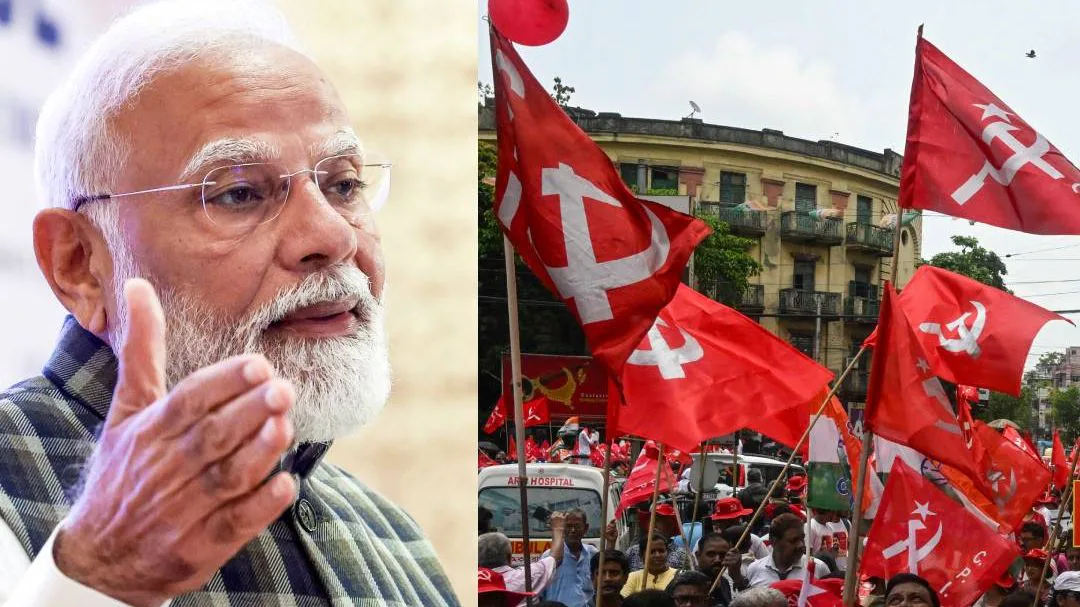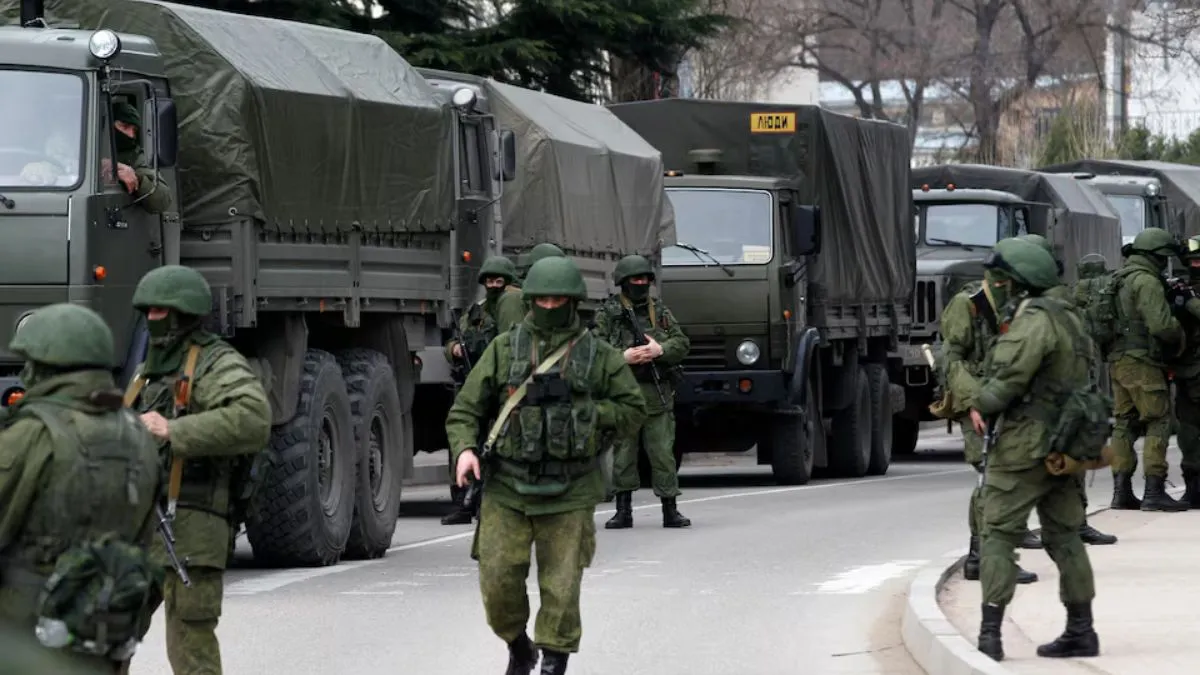KOZHIKODE: The Communist Party of India (Marxist) [CPM] has issued a detailed note to its state units, clarifying why its draft political resolution for the 24th party congress does not explicitly label the Modi government as “fascist” or “neo-fascist” or characterize the Indian state as such. However, this explanation has widened rifts within the Left Front, with the Communist Party of India (CPI) demanding a revision of CPM’s stance.
The note states that after a decade of BJP rule, which it describes as the political arm of the RSS, there has been a consolidation of political power in the hands of the BJP-RSS, leading to the emergence of neo-fascist characteristics. However, it clarifies that while these traits are evident, the draft resolution stops short of explicitly calling the government or the state neo-fascist. Instead, it warns that if the BJP-RSS are not countered, the nation could drift further towards Hindutva-corporate authoritarianism and neo-fascism.
Unlike CPI and CPI (ML), which have consistently taken a hardline stance against the Sangh Parivar, CPM has opted for a more nuanced approach in its political resolutions. The 22nd party congress described BJP’s rule as displaying “emerging fascist trends,” while the 23rd congress stated that the Modi government was executing the “fascist agenda of the RSS.”
CPI, Congress React Sharply to CPM’s Position
The CPI has strongly criticized CPM’s reluctance to apply the fascist label outright. CPI state secretary Binoy Viswam remarked, “Fascist ideology thrives on using religion and faith for political gains, and the BJP government is doing exactly that.”
Meanwhile, the Congress accused CPM of softening its stance to align with the BJP. Leader of Opposition V D Satheesan slammed the party’s position, calling it a “strategic move to stay in the good books of Modi and the Sangh.” He further alleged that CPM in Kerala has a history of compromising with fascism, and this latest stance only reinforces its “covert relationship with the BJP.”
Satheesan also pointed out that politburo members from Kerala played a leading role in shaping the document, adding to suspicions of CPM’s political maneuvering.
CPM Defends Its Position
Responding to criticism, CPM central committee member A K Balan maintained that the party has never outrightly labeled the Modi government as fascist in its original form. He reiterated that the current political resolution is a continuation of CPM’s established stance—warning against authoritarianism while avoiding direct terminology that could restrict the party’s broader political strategy.
The debate over CPM’s language in the draft resolution highlights the ongoing ideological divide within the Left Front, as it grapples with defining its position on the BJP-led government while balancing internal and external political pressures.




